How much really separates top athletes, performing at the highest, level from one another?
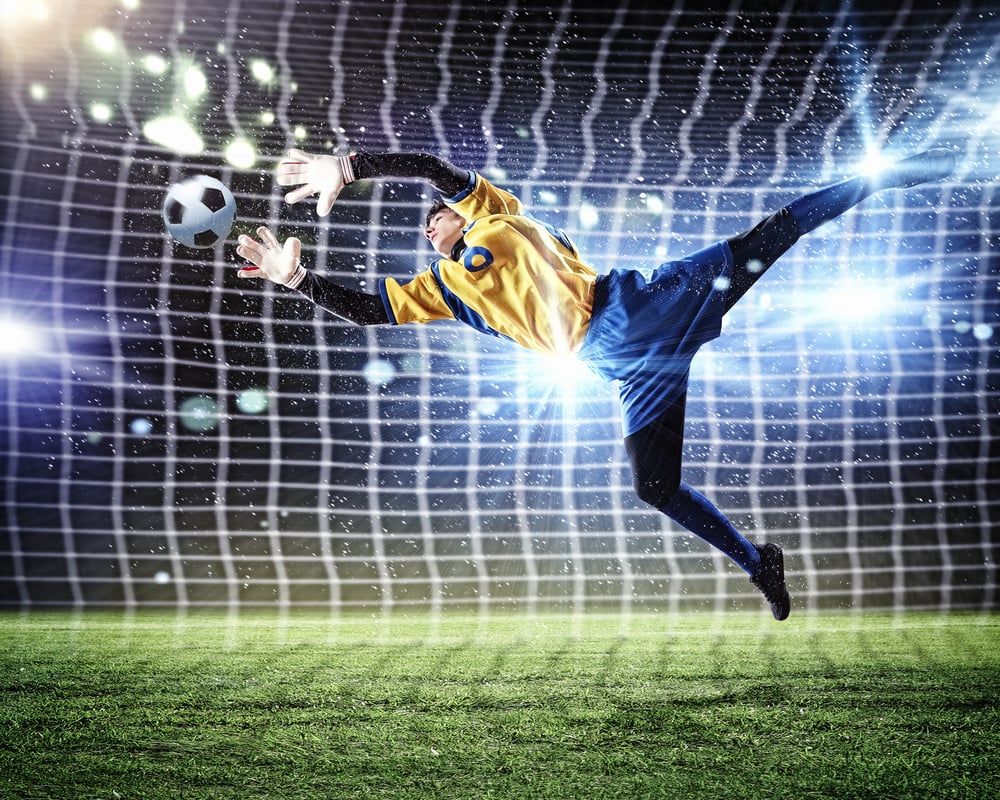 Short answer is…very little. Top athletes are all skilled, disciplined, and hard-working. However, athletic talent and hard work are not always enough to reach the top. Competitive power and the ability to bounce back after failure are factors that differentiate the best of the best.
Short answer is…very little. Top athletes are all skilled, disciplined, and hard-working. However, athletic talent and hard work are not always enough to reach the top. Competitive power and the ability to bounce back after failure are factors that differentiate the best of the best.
The FinxS® Sports Capacity Assessment helps an athlete better prepare and gain competitive advantages by identifying their greatest strengths and how to use them to maximize their performance.
Sports Capacity Assessment
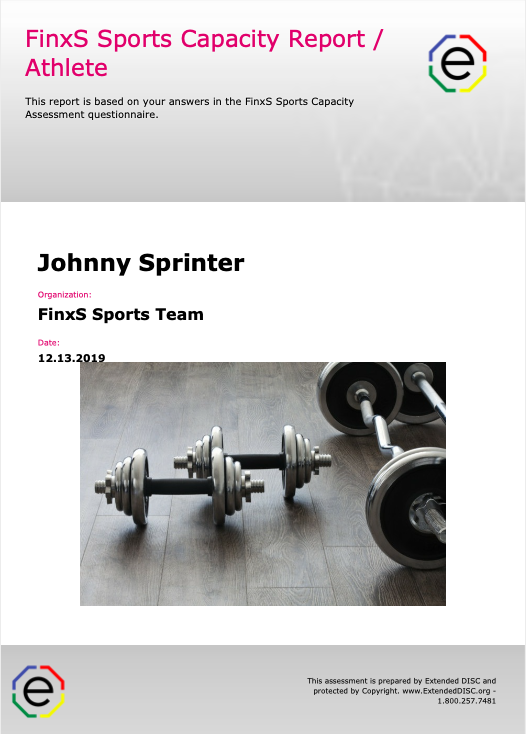
The Sports Competence Assessment tool uses 18 critical sports competences to help identify one’s greatest strengths and potential roadblocks to reaching their peak performance. Each of the competences is broken down further to provide a deeper understanding on how to develop and improve. They include tips on how to use these strengths, overcome potential barriers, and leverage each competence for maximal performance.
It can also help coaches by measuring how well their athlete is aware of their strengths and how strong those strengths are. Coaches are able to identify how strong their athlete considers the competences in relationship to their training and competition environments.
Who should take it?
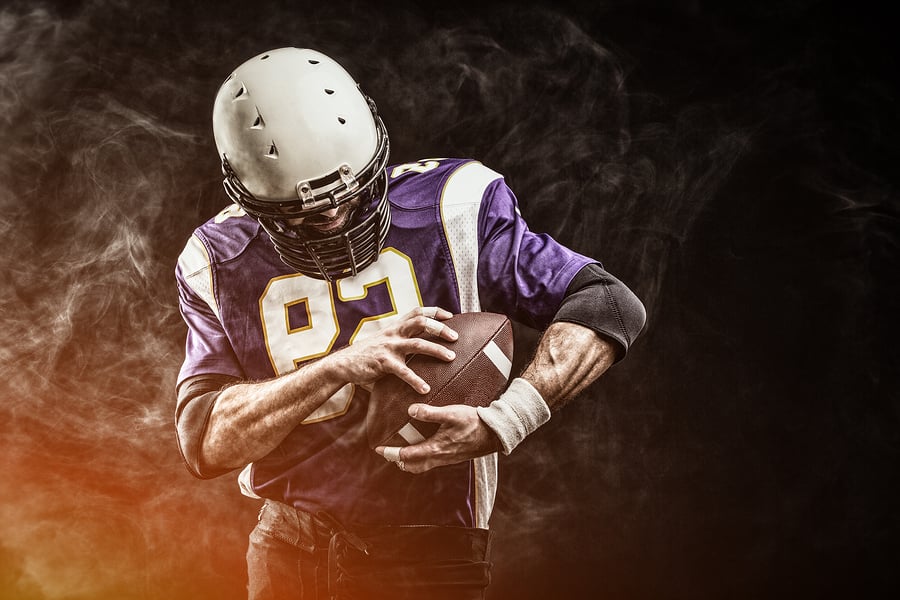 The Sports Capacity Assessment suite of tools are designed for elite athletes who are presently competing at a professional, semi-professional, collegiate, or national level. In addition, it can help athletes at lower levels who are striving to reach higher levels.
The Sports Capacity Assessment suite of tools are designed for elite athletes who are presently competing at a professional, semi-professional, collegiate, or national level. In addition, it can help athletes at lower levels who are striving to reach higher levels.
The results of the assessment create a suite of intuitive and valuable reports for coaches and trainers about their players, team, and how to better coach them. The Sports Capacity Coach’s Report allow coaches to compare their athletes’ results with other athletes in the same sport. In addition, the report identifies how to coach and train a specific athlete and their team more effectively.
What are the Sports Competences?
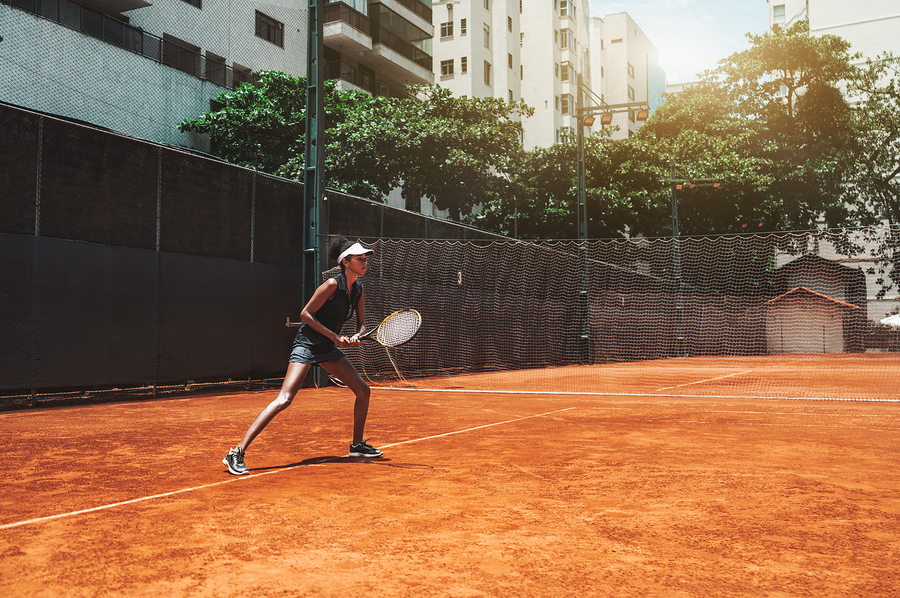 The Sports Capacity Assessment identifies 18 competences an athlete should focus on to reach their maximum potential. Scores for each one are identified by low, mid, and high scores. They include:
The Sports Capacity Assessment identifies 18 competences an athlete should focus on to reach their maximum potential. Scores for each one are identified by low, mid, and high scores. They include:
- Egoism is how much focus one puts on oneself and ignores the others.
I’m not the next Usain Bolt or Michael Phelps. I am the first Simone Biles.
~ Simone Biles, gymnast
- Self-Care is how well one identifies own needs and focuses on prevention exercises to avoid injuries and illnesses and how important they considers them.
I don’t think I would take the game with the same mentality that I do now if I hadn’t been injured.
~ Candace Parker, basketball player
- Extremism is how far one is ready to push oneself.
Be the hardest working person you can be. That’s how you separate yourself from the competition.
~ Stephen Curry, basketball player
- Perfectionism is how much one focuses on having every detail in place.
I hated every minute of training, but I said, ‘Don’t quit. Suffer now and live the rest of your life a champion’.
~ Muhammad Ali, boxer
- Competitive Power is how hungry one is to win.
Some people want it to happen, some wish it would happen, some make it happen.
~ Michael Jordan, basketball player
- Rhythm & Flow is how easily one can achieve and maintain a flow state of mind.
I was already on pole, … and I just kept going. Suddenly I was nearly two seconds faster than anybody else, including my team mate with the same car. And suddenly, I realized that I was no longer driving the car consciously. I was driving it by a kind of instinct, only I was in a different dimension. It was like I was in a tunnel.
~ Ayrton Senna, race car driver
- Goal Focus is how focused one is on the goal and how they are able to understand what they do helps in achieving the goal.
You have to focus on the process. You cannot be glued to the results.
~ Ivan Lendl, tennis player
- Repetitiveness is how well one can concentrate on repeating practices.
As for swimming, I’m now in the pool 5 days a week from 8 to 10 a.m. And I’m in the gym for an hour and a half, 4 days a week. Two days upper body, two days lower.
~ Dara Torres, swimmer
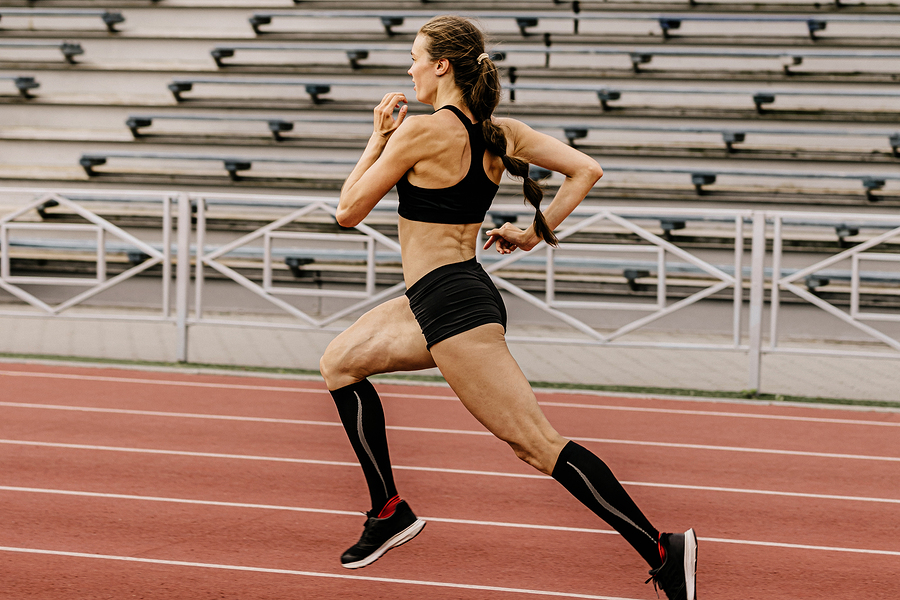
- Momentary Concentration is how well one can concentrate on the current step.
It doesn’t matter what else is going on. When you walk into your arena or your – whatever you excel at, you’re there to take care of the job that you have to do.
~ Michael Phelps, swimmer
- Impatience is how urgently one takes what one wants.
To be the best you need the best.
~ Cristiano Ronaldo, footballer
- Aggression is how well one uses aggression to one’s benefit.
Everybody loves success, but they hate successful people.
~ John McEnroe, tennis player
- Enjoyment is how much one is able to have fun in competitive environment (and influence the moods of people around).
I don’t have to be enemies with someone to be competitors with them.
~ Jackie Joyner Kersee, track and field sprinter and jumper
- Bouncing Back is how long one continues fighting against failures and setbacks.
I decided I can’t pay a person to rewind time, so I may as well get over it.
~ Serena Williams, tennis player
- Discipline is how disciplined one stays in following plans and not letting anything disturb completing what needs to be completed.
I wasn’t naturally gifted in terms of size and speed; everything I did in hockey I worked for.
~ Wayne Gretzky, ice hockey player
- Pressure Control is how much one can take pressure without pressure affecting their performance.
I like the pressure.
~ Jaromir Jagr, ice hockey player
- Preparation is how important one considers putting focus on taking care of all possible preparation activities.
I don’t know secret to success, but I’m pretty sure the closest thing is preparation.
~ Michelle Kwan, figure skater
- Optimism is how strongly one believes that all good things will happen at the end.
Champions keep playing until they get it right.
~ Billie Jean King, professional tennis player
- Sensing Intelligence is how sensitive and aware one is for the outer and inner stimuli; how willing and capable is one to understand the stimuli.
I get the feeling people respect me and that there is affection for me. That makes me happy.
~ Andres Iniesta, footballer
How Does It Work?
The FinxS® Sports Competence Assessment online questionnaire has 99 questions and takes about 30 minutes to complete. You can generate specific reports, including individual athlete, coach, and team, based on these results.
Are your athletes ready to maximize their potential? Contact us at info@ExtendedDISC.org to get started!
